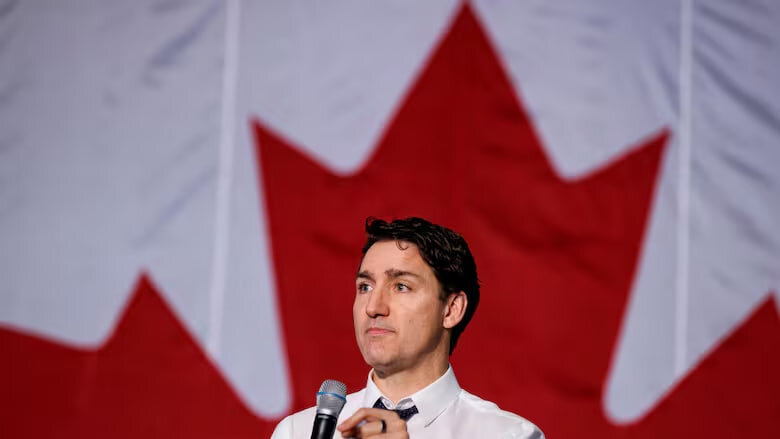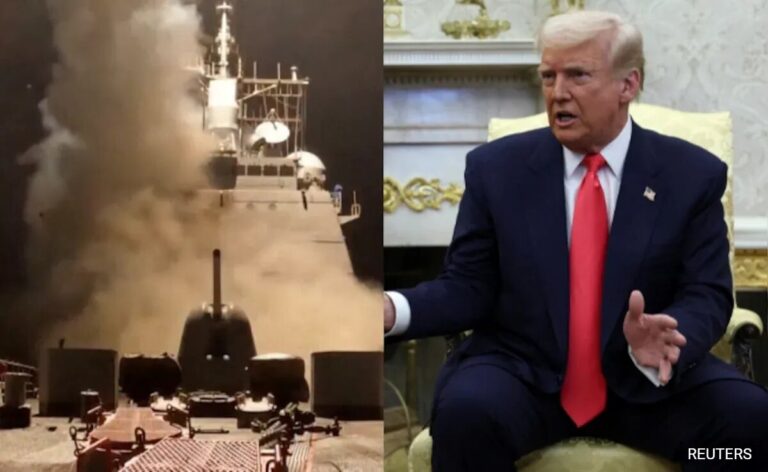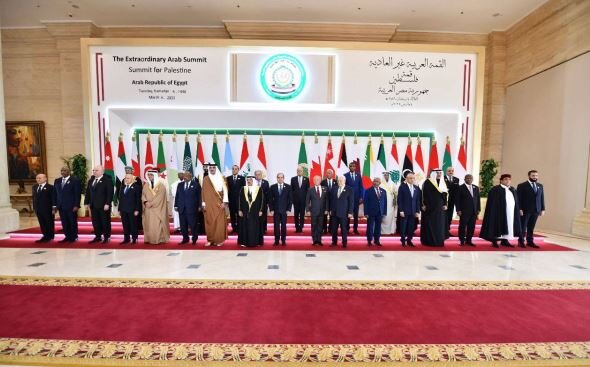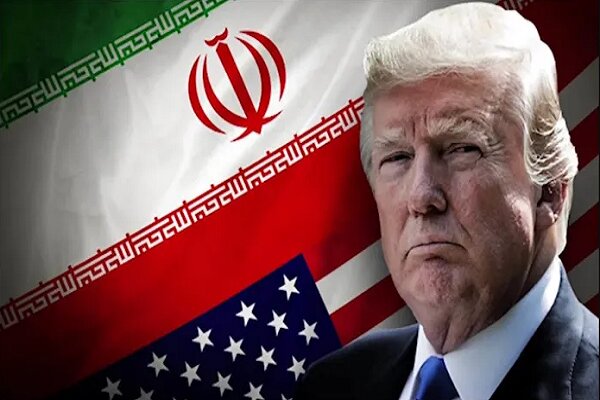Canada Leads the Charge: Pioneering the Future
In recent days, tensions between the United States and Canada have escalated significantly due to proposed tariffs that threaten to reshape economic relations. The Trump administration had indicated a potential 25 percent tariff on Canadian exports, igniting concerns about the future of trade between these neighboring countries. President Trump claimed, “Canada owes the United States a lot of money, and I’m sure they’re going to pay,” suggesting that the U.S. might endure “short term” pain for a long-term gain against perceived unfair trade practices.
This news has sent Canada scrambling for a response. In retaliation, Canada announced $150 billion in tariffs targeting a wide array of U.S. products, including appliances, machinery, and agricultural goods. Prime Minister Justin Trudeau warned that “tariffs against Canada will put U.S. jobs at risk, potentially shutting down American auto assembly plants and other manufacturing facilities.”
After several discussions with President Trump, Trudeau managed to secure a 30-day pause on these tariffs. Mexico, facing similar threats, also received a temporary reprieve. In exchange for this pause, Trudeau offered to increase investment in border security, focusing on curbing illegal immigration and combating the flow of fentanyl.
This pause is undoubtedly a relief for Canadians, who would have faced immediate economic repercussions had Trump proceeded with the tariffs. However, the implications of such threats indicate a larger issue at play. Trump’s approach to foreign policy marks a significant shift in how the U.S. engages with its allies, treating them with a level of economic hostility typically reserved for adversaries.
The implications of this new doctrine of economic coercion extend beyond North America. Trump has also criticized other U.S. allies, including Taiwan and European nations, indicating that tariffs could be “coming soon.” This approach threatens to transform traditional alliances into transactional relationships, which could ultimately benefit U.S. adversaries like China and Russia.
Key Points on the Impact of U.S. Tariff Policies
- Economic Relationships: Trump’s administration views all economic relationships as adversarial, necessitating constant renegotiations under the threat of financial penalties.
- Long-term Consequences: The negative impacts of aggressive tariffs may outweigh any short-term gains, as seen in previous measures against allies.
- Global Security Risks: Economic warfare against allies could fracture longstanding security architectures, making it easier for adversaries to exploit divisions.
Trump’s transactional view of alliances may appear effective in the short term, but it carries significant risks. Many U.S. allies have historically underinvested in their own defense, relying heavily on American military power. For instance, Canada maintains a defense budget of around 1.4 percent of its GDP, while NATO members have often failed to meet the alliance’s target of spending two percent on defense.
The growing cooperation among revisionist states poses additional challenges. These nations are coordinating more closely, complicating any efforts to contain their ambitions. The current geopolitical landscape should serve as a wake-up call for U.S. allies to bolster their security and defense capabilities.
Steps for Canada and Other Allies
- Increase Defense Spending: Canada must prioritize military investment to enhance its credibility with the U.S. and ensure its own security.
- Modernize Capabilities: Ottawa should focus on upgrading its naval assets and surveillance capabilities in the Arctic.
- Diversify Economic Partnerships: U.S. allies should pursue partnerships independent of Washington, particularly in energy and agriculture.
While discussions between Canada and the Trump administration will continue, it’s essential to recognize that the current tensions extend beyond trade issues. The potential trade war highlights the need for creative strategies in trade alignments and geopolitical positioning.
In an ideal scenario, the U.S. would encourage its allies to meet or exceed defense commitments through diplomatic means rather than punitive measures. However, under Trump’s administration, this ideal seems increasingly out of reach, and Canada may not be the last ally to experience such economic threats.
As the landscape of international relations continues to evolve, it’s crucial for Canada and other allies to reassess their strategies and bolster their defense measures. The future will likely demand a more proactive stance in securing economic resilience and stability against external pressures.
In conclusion, the ongoing tension between the U.S. and Canada serves as a crucial reminder of the shifting dynamics in international relations. Allies must adapt to these new realities while maintaining their commitment to collective security and economic cooperation.
(Source: Foreign Affairs)






